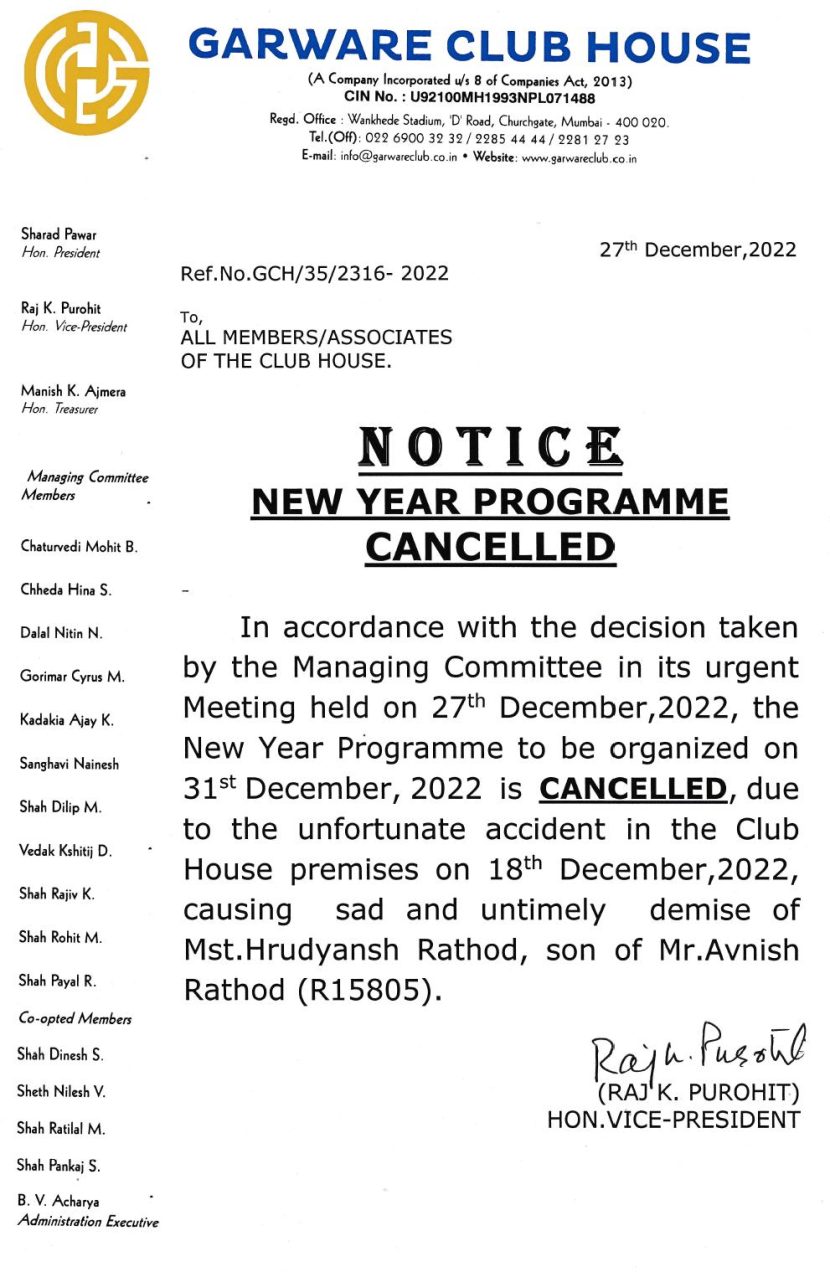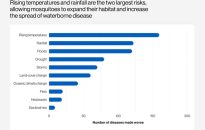What defines binge drinking? Binge drinking is a dangerous practice characterized by excessive alcohol consumption in a short timeframe, specifically, intake of four or more drinks for women or five or more for men over a period of two hours. It can have severe effects on your health, as it poses significant stress on your […]
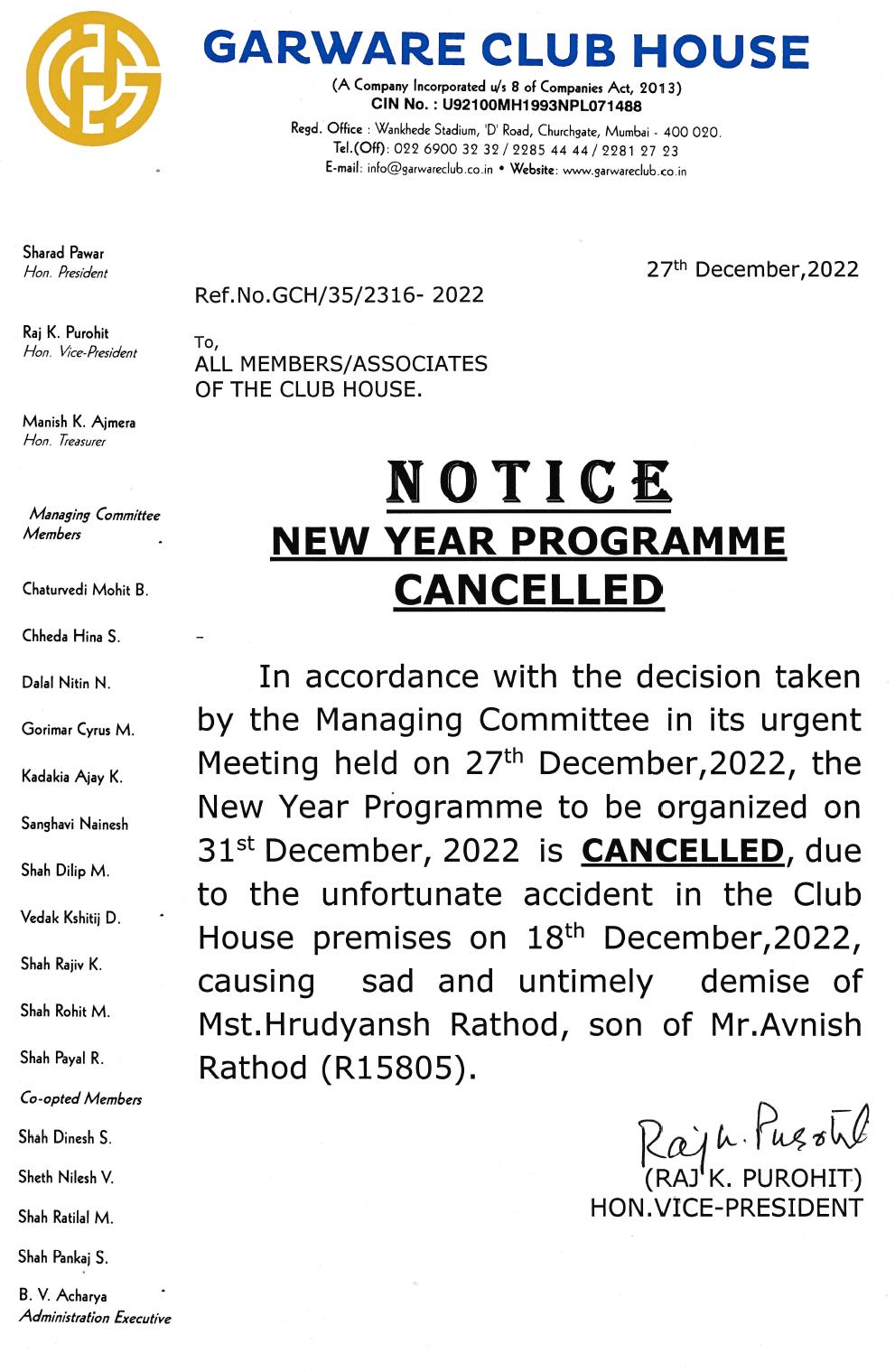
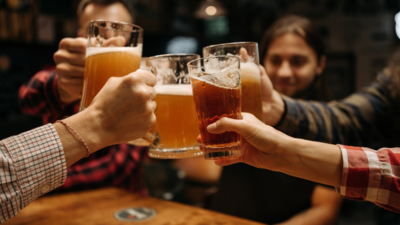
What defines binge drinking?
Binge drinking is a dangerous practice characterized by excessive alcohol consumption in a short timeframe, specifically, intake of four or more drinks for women or five or more for men over a period of two hours. It can have severe effects on your health, as it poses significant stress on your body. Two possible outcomes of binge drinking are alcohol poisoning and diminished brain function. Additionally, it can affect your body and life in various other manners:
* An alarmingly elevated level of alcohol in the bloodstream can disrupt essential functions like breathing, heart rate, body temperature, and gag reflex. It also leads to toxin accumulation in the bloodstream, causing symptoms like vomiting, confusion, seizures, and possibly respiratory failure, which can be fatal.
* Dr. Farah Ingale, Director-Internal Medicine, Fortis Hiranandani Hospital Vashi, states, “Binge drinking can impair brain function, resulting in concentration difficulties, memory loss, and confusion. Alcohol affects cognitive ability, and its excessive intake can harm the brain’s hippocampus, which is vital for memory formation.”
* Binge drinking can also lead to acute alcohol poisoning, which can result in seizures, coma, and even death.
* Dr. Gaurav Gupta, Senior Consultant & Chief Surgeon, Liver Transplant & HPB Surgery, Fortis Hospital, Mulund, adds, “Binge drinking places significant strain on the liver, potentially causing both short-term and long-term liver damage. Cutting back on alcohol consumption or drinking moderately is vital for maintaining liver health.”
* Frequent binge drinking may result in chronic liver failure and fatty liver disease. Prolonged alcohol exposure hampers the liver’s ability to regenerate and reduces its capacity to synthesize essential proteins and detoxify blood.* Dr. Sandeep Patil, Chief Intensivist, Fortis Hospital, Kalyan, remarks, “Heavy alcohol use may also lead to liver inflammation, a condition termed alcoholic hepatitis. Severe forms of alcoholic hepatitis could cause liver failure and even death.”
* It raises the likelihood of high blood pressure, heart disease, arrhythmias, and strokes while increasing cancer risk.
* Regular binge drinking can weaken the immune system, rendering the body more susceptible to infections.
Binge drinking can hinder decision-making abilities, placing your life at risk by leading you into dangerous behaviors in potentially lethal situations. It may also lessen alertness due to cognitive impairment, raising the risk of aspiration and choking. Consequently, it is crucial to consume alcohol moderately or refrain from drinking altogether if surrounded by individuals prone to binge drinking and risky behaviors. While celebrating, prefer soft drinks or fruity mocktails and ensure you stay hydrated.
Your relationships, overall health, and wellness can face both immediate and long-lasting repercussions from binge drinking. Avoiding it requires a blend of self-awareness, planning, and healthy habits. The following practical steps will help you prevent overindulgence in drinking:
1. Set clear limits
Decide on a maximum number of drinks for yourself and stick to it. Knowing your limits can help prevent overindulgence.
2. Avoid drinking on an empty stomach
Make sure to have a substantial meal before consuming alcohol. Eating slows the absorption of alcohol, reducing its immediate effects and the urge to binge.
3. Take your time and drink at a leisurely pace
Instead of chugging your drink, sip it. Aim to have only one drink per hour to allow your body to process the alcohol.
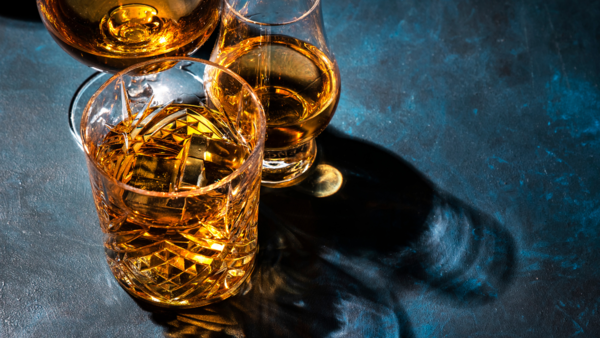
4. Choose drinks with lower alcohol content
Opt for drinks like wine or beer rather than heavier spirits or cocktails.
5. Alternate with non-alcoholic drinks or water
Have a glass of water or a non-alcoholic beverage alongside each alcoholic drink. This helps manage your intake and keeps you hydrated.
6. Identify your triggers
Acknowledge the situations or emotions—such as stress or peer pressure—that lead to binge drinking and devise healthy coping strategies, like exercising or confiding in a friend.
7. Organize alcohol-free gatherings
Plan activities like game nights, walks, or movie marathons that don’t revolve around drinking.
8. Surround yourself with supportive people
Spend time with friends who respect your choice to abstain or consume alcohol in moderation. Positive influences play a crucial role.
9. Practice saying no
Use polite yet firm phrases to decline drinks, such as “I’m fine with water” or “No, thank you.”
10. Seek help if needed
If you find it challenging to stop binge drinking despite your efforts, consider consulting a counselor or joining a support group.
New Year, New Workout: Day 1 of 7-day weight loss plan to drop a dress size








